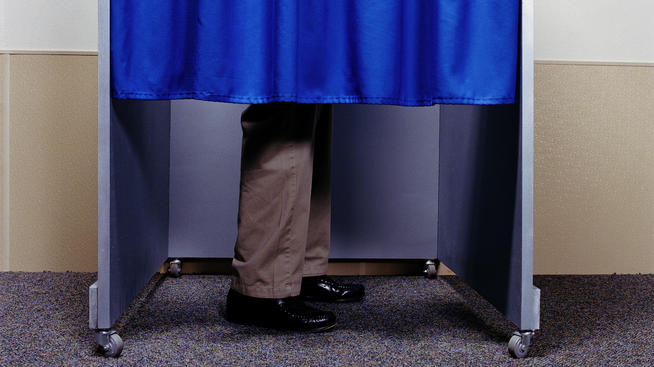-
Tips for becoming a good boxer - November 6, 2020
-
7 expert tips for making your hens night a memorable one - November 6, 2020
-
5 reasons to host your Christmas party on a cruise boat - November 6, 2020
-
What to do when you’re charged with a crime - November 6, 2020
-
Should you get one or multiple dogs? Here’s all you need to know - November 3, 2020
-
A Guide: How to Build Your Very Own Magic Mirror - February 14, 2019
-
Our Top Inspirational Baseball Stars - November 24, 2018
-
Five Tech Tools That Will Help You Turn Your Blog into a Business - November 24, 2018
-
How to Indulge on Vacation without Expanding Your Waist - November 9, 2018
-
5 Strategies for Businesses to Appeal to Today’s Increasingly Mobile-Crazed Customers - November 9, 2018
Court hears challenge to New Hampshire ‘ballot selfie’ law
Voter selfies will have their day in a federal appeals court as the judges decide whether to uphold a lower court ruling in New Hampshire that said a state law essentially outlawing ballot selfies was unconstitutional. Voting selfies are unlawful in at least 25 states, and violators could be subject to substantial fines.
Advertisement
The judges repeatedly asked a New Hampshire official to explain how the law could prevent a replay of scandals that rocked many USA states in the late 19th century, when politicians paid for votes, in cash or alcohol.
The law was upheld a year ago by a federal judge, but the state appealed the ruling.
The appeals judges on Tuesday questioned whether the state had gone too far in criminalizing the intentions of anyone who posts ballot selfies for reasons as innocent as making a political statement.
The law, which went into effect in September 2014, makes publishing a voter’s marked ballot a violation punishable by a $1,000 fine.
The law is believed to be the first of its kind, and banned voters from posting an election booth photo online regardless of how much time passed since the election.
LaBonte explained the state’s position that the growing trend of voters taking pictures with their filled-in ballots and posting them on social media sites, including Facebook and Twitter, could lead to voters being paid or coerced to change their votes.
Only nine states appear to either explicitly allow ballot selfies or have no now enforceable state law clearly forbidding it.
A year ago, a federal court blocked enforcement of a similar ban in Indiana.
It’s the first time a federal appeals court considered the issue.
Assistant Attorney General Steve LaBonte said if voters are allowed to post photos of their ballots, the state could open itself up to vote-buying and voter coercion.
Opponents of the ban quickly charged that it violated the free-speech protections of the First Amendment of the U.S. Constitution.
“We want to make sure everyone can cast their ballot free from intimidation”, LaBonte said. In theory, the law was meant to combat vote buying and voter intimidation-but the state hasn’t been able to produce any evidence of vote buying schemes since the 1800s.
Advertisement
Attorney Gilles Bissonnette of the American Civil Liberties Union, who spoke on behalf of the plaintiffs, noted that the three plaintiffs who brought the initial lawsuit challenging the law had been investigated for politically motivated posts.





























